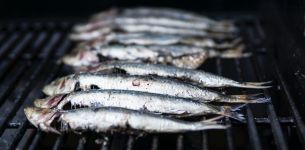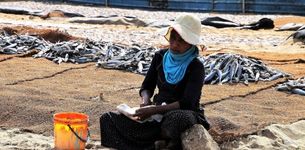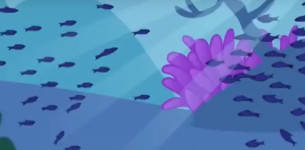Blue foods play a central role in food and
Other content with the tag "Aquatic food systems".

Current food systems fail to recognise the diversity of aquatic foods and their potential to contribute to sustainable healthy diets and their pote
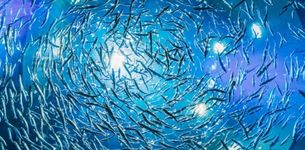
Fish is expected to contribute to healthy diets where it is affordable and accessible but the cost and availability of nutrient-rich foods, includi
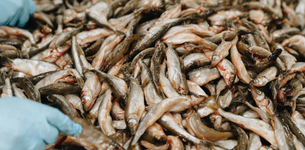
Diverse aquatic foods – including animals, plants and microorganisms farmed in and harvested from water, as well as cell- and plant-based foods eme
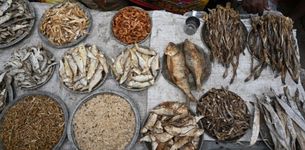
Aquatic food has a vital role to play in creating a global food system that supports a healthy human population on a healthy planet, yet it has bee
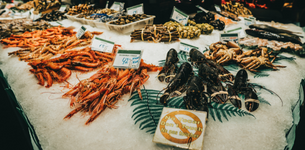
In recent years, the role of seafood or the ‘blue food’ as alternative animal protein has also been investigated, amid concerns over the impacts of

Aquatic foods are increasingly recognized for their key role in food security and nutrition, not just as a source of protein, but also as a unique
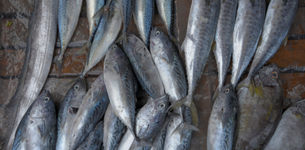
This Blue Food collection in Nature is the result of a collaboration between The Blue Food Assessment
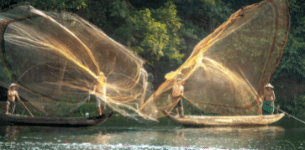
It is no secret that climate change is significantly impacting our oceans, and those who depend on them.

This report from FAO highlights progress - or lack thereof - against six Sustainable Development Goals (SDGs) indicators that relate to food and ag
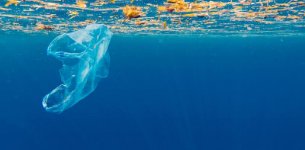
A world with more plastics than fish in the oceans could be a reality by 2050 if we do not partner towards a circular economy.
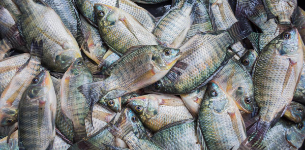
Given the expansion of Tilapia farming in Ghana, this paper analyses inclusive business models along the fish seed value chain.

This new global report from the Food and Land Use Coalition (FOLU) proposes a reform agenda for food systems centred around ten critical transition

This report from the World Resources Institute (WRI) was produced in partnership with the World Bank, UN Environment Programme (UNEP), UN Developme
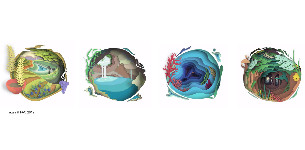
The Food and Agriculture Organization of the United Nations (FAO) has developed an SDG progress report to examine key data and trends for indicator
